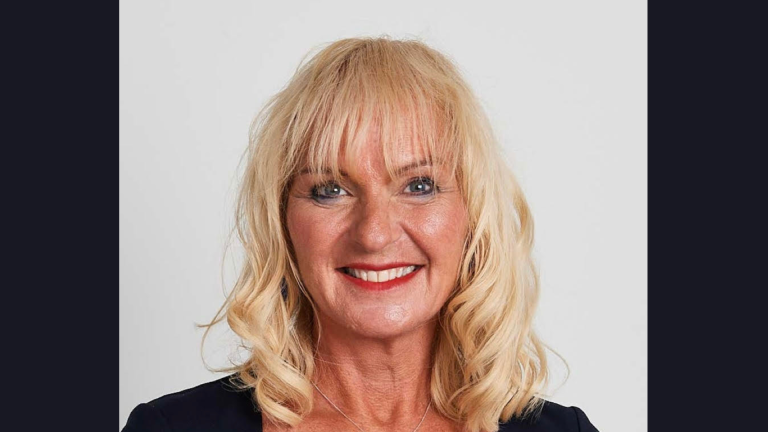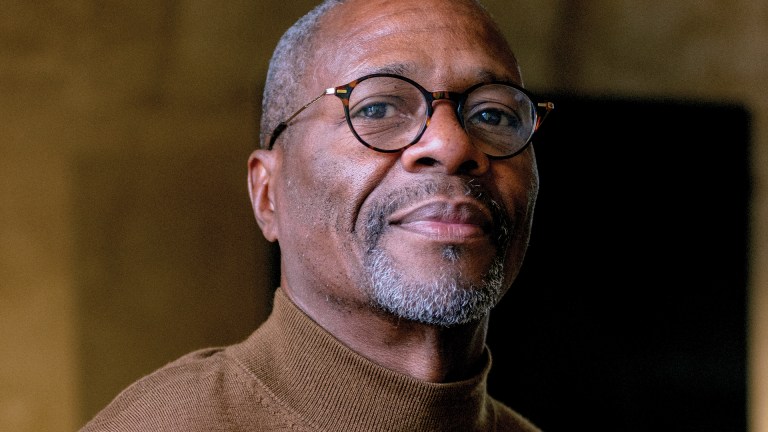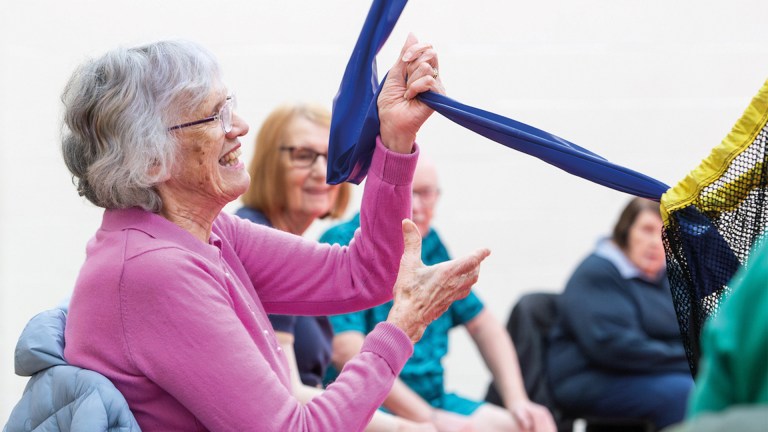Reflecting on what we are going through now, I thought back on my own childhood. I never call myself a refugee, because I never went through the kind of struggle and hardship so many have gone through. When my father, a Bengali was put in jail in Pakistan as a political prisoner during the military coup and separation of East and West Pakistan, my elder brother, mother and I could come home to my English grandparents in this country. How lucky we were, to be able to do that. We were not refugees in the true sense of the word and we did not suffer, as so many did and do today.
I have some of the documents from that time. The arrest warrant for my father. The release documentation. The picture of him in jail with guards, so the military could prove he was still alive, to us and the International Red Cross. A letter I wrote aged five to my father in jail – “I have a big fat rabbit” I wrote to him. My elder brother, two years older than me, just seven at the time, was writing hoping my father was well. Always so much more aware of others than me!
So many did not get out of jail, or through that civil war for independence alive. He did. Bhutto, who led that government in Pakistan, held onto him a bit longer than some others. When the press asked why, he said “my nightingale has flown he said, referring to having to release the great orator, Sheik Mujibur Rahman, who became newly independent Bangladesh’s first Prime Minister. “At least let me keep the parrot” A line my father loved to tell. Although he was part of an independence movement, years later he returned to Pakistan to visit and we all have fond memories of our time there.
It was only recently, that I more consciously realised we’d had to flee a country a second time. A decade or more later, Bangladesh was under its own sequence of military dictatorships. My father, a civil servant with the disability of honesty in what was then, a period of intense corruption and misrule, was told “leave the country, or die.” By now a teenager, my family relocated to Kuala Lumpur, working for an international development organisation. In the early 80s, KL was as sleepy, quiet city. Amazing food, water you could drink out of a tap. It was paradise. I never thought of it as flight. It was another extraordinary adventure and Malaysia was good for us. Now with two younger brothers, they did most of their growing up there and have a strong bond to the region.
Years later, talking to my mother, she told me how guilty she felt for putting us as a family through all this. I told her at times, as children, we were afraid. Sometimes, we were poor or separated. At other times, relatively prosperous. We had an amazing life and we were always loved. I know how privileged I am.
Coming to the present day, many of us are going through a tough time. Through social distancing, the NHS, and coordinated government action, if we are fortunate, we may escape the worst of this pandemic. A good number of us will become sick, and some really quite ill. I am moved by my friends and colleagues who have been hospitalised or are caring for sick family members at home. I hope and believe they will make a good recovery.









